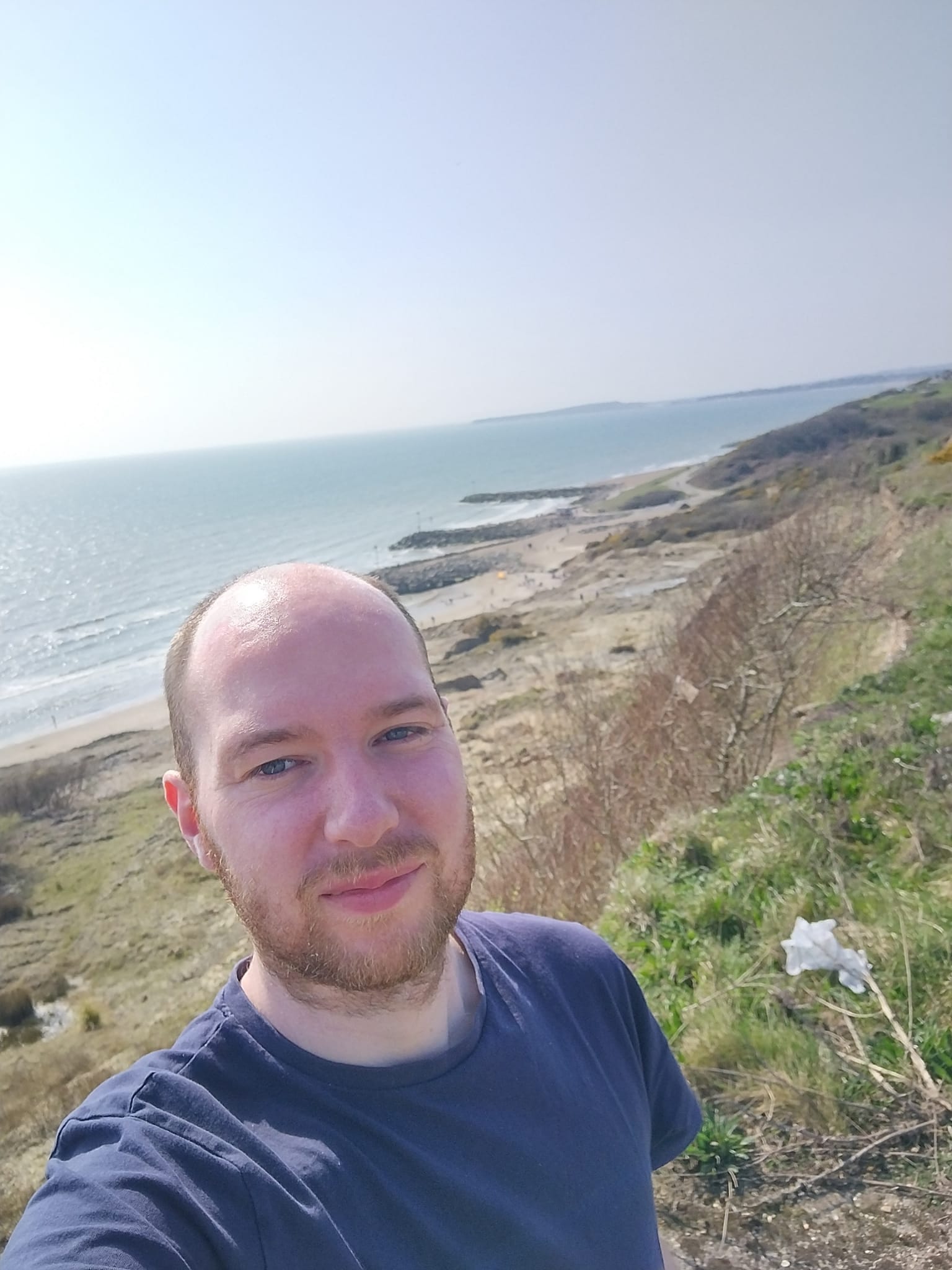Danny is passionate about projects that cut across the mathematical sciences and development which have the potential to achieve scale impact. After studying mathematics at the University of Warwick, an interest in education led him to the African Institute for Mathematical Sciences Schools Enrichment Centre (AIMSSEC) South Africa, supporting maths teacher training courses, and the African Maths Initiative (AMI), organising maths camps and programs for university students in Kenya, Ghana and Ethiopia.
His work includes open source software development and climate data analysis for use in Africa. He also worked on research for development projects at the Mathematical Institute, University of Oxford, developing tools for better use and understanding of data in agriculture and public procurement.
His PhD topic focuses on understanding how satellite data can support improved climate services in Africa.
What’s a recent professional success you’re especially proud of?
I’m really proud of the work we have done developing R-Instat as a free and open source tool to help people make better use of data. This includes students learning to work with real data for the first time, as well as practitioners from a wide range of fields—such as climate, agriculture, and public procurement—who use data to gain insights that help them better support their communities and the environment. We are now getting approached by more groups wanting to use R-Instat in their own work and expand the range of areas it is tailored for, which is a testament to the great work by our team over the last 10 years.
What’s the most interesting project or problem you’re working on right now?
As part of our climate work, I’m investigating how data from satellites can be combined with weather data collected on the ground to improve climate services, particularly for agricultural applications. Climate data derived from satellites is such an exciting and promising resource as this now offers long, historical records and covers entire countries and continents in very fine detail—something that’s impossible to do with weather stations. However, the challenge lies in understanding how accurately satellite data estimates climate variables and how to use it responsibly to avoid generating misleading information. This is the current focus of our work so that we can help meteorological services and others harness this powerful resource effectively and appropriately.
What in your past professional or personal experiences is most relevant to what you’re currently doing?
My very first job after finishing university in the UK was in South Africa at the African Institute for Mathematical Sciences (AIMS). As well as gaining more experience in maths education through working with schools and teachers in rural parts of South Africa, I was extremely fortunate to also share a building with 50 brilliant mathematical scientists from all over Africa studying a Masters degree. I got to know some amazing people, and learnt so much about their countries, background, and the many challenges people face just to access education opportunities others take for granted. The year I spent at AIMS inspired me to continue working in Africa and I’m constantly motivated at IDEMS by the ambition to tackle some of the toughest problems faced around the world.



Leave a Reply